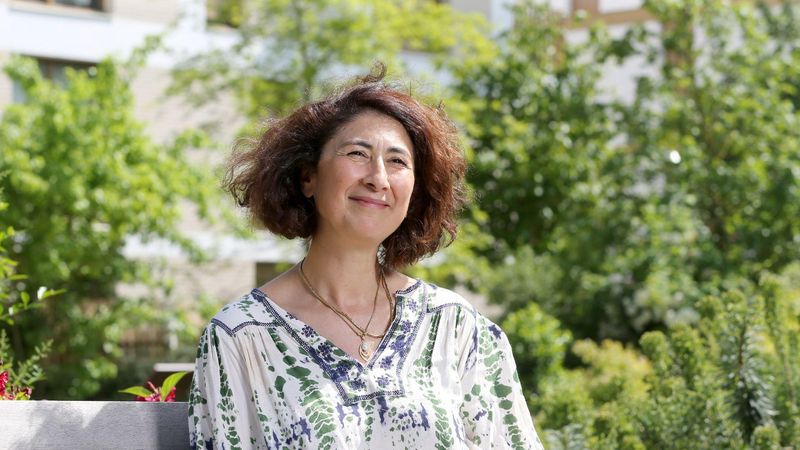Early Detection and Diagnosis of Autoimmune Type 1 Diabetes – Alizée’s Story
Autoimmune type 1 diabetes (T1D) is an autoimmune progressive and lifelong condition that can develop regardless of age, lifestyle or family history. Individuals with autoimmune T1D are typically diagnosed late in the progression of the condition, leaving individuals and their families with little time to adapt to managing daily treatment that will impact every aspect of their lives. However, it is possible to diagnose autoimmune T1D in its earlier stages, prior to the appearance of symptoms. In this patient spotlight, Alizée tells the story of her autoimmune T1D diagnosis and how she navigates life as a World Karate Champion whilst managing her condition.
Q: Can you describe the journey to your autoimmune T1D diagnosis?
Alizée: During my annual check-up, my doctor noticed that my blood sugar levels were slightly higher than they should be. Thankfully there was no immediate cause for concern, but my doctor wanted to monitor this closely. I then had to have check-up’s every three months, until I was diagnosed with autoimmune T1D.
Q: What was your initial reaction to your diagnosis?
Alizée: Despite the regular testing leading up to my diagnosis and knowing that I would eventually have autoimmune T1D, it was still a surprise when I found out and realized I would now need daily lifelong treatment. From there it all happened very quickly, regular visits to the hospital, learning how to manage the condition, education on the food I eat and how it can impact my blood sugar levels. All the daily activities that I never gave a second thought to, now required extensive planning and regulation.
Q: What affect did your diagnosis have on your friends and family, if any?
Alizée: No one in my family has autoimmune T1D so for my loved ones, especially my parents, it was a surprise. Luckily, as we knew in advance, we had some time to prepare and come to terms with a diagnosis before I started treatment.
Q: Do you think being diagnosed in the earlier stages of your condition helped you to adapt to life with autoimmune T1D more easily?
Alizée: From personal experience, it helped me a lot to find out in advance, instead of the emotional shock of being diagnosed as a result of a hyperglycemic attack and finding yourself in hospital. That’s why, if I have children, I will get them screened for autoimmune T1D, as I know there is a chance I can pass it on. I feel the need to be vigilant about that as my diagnosis has disrupted a large part of my life, having to learn and manage new habits every day.
Q: What surprised you the most since being diagnosed?
Alizée: As a top-level athlete, I have been open about my diagnosis with autoimmune T1D and how I manage the condition whilst training and competing. One thing that really surprised me was the number of supportive messages I’ve received on social media, particularly from parents of children that both do karate and are also diabetic, asking me for advice. I really think hearing from someone else who has gone through the same situation and come out the other side gives hope. I know that if I could share a message with my younger self at the time of my diagnosis, I would say not to worry, it is all going to work out, you just have to believe in yourself.
Read More About Autoimmune Type 1 Diabetes
